What If My Dog Doesn’t Want A Choice?
I have sometimes heard people wonder whether our furry friends might not want to make decisions alone; whether they might prefer to hand decision-making over to us. I can understand where the question comes from, as decision fatigue is all-too present in our daily human lives and sometimes we might wish to have fewer decisions to make.
My first instinct when addressing that concern is to point out that we, humans, have infinitely more agency in our daily lives than our dogs do, that our desire to lessen our choices is different than a desire to lessen our sense of agency. I might prefer to have fewer options for the type of pasta I buy at the grocery store, but I do not want to lose my freedom to decide what my meals will be for the week.
While I do think that distinction between humans’ and dogs’ lives is important, I was reviewing some articles and papers from my grad school days last week and came across a quote that made me wonder if the question is also rooted in a misunderstanding of what it is we mean when we say, “giving dogs choices.”
Deciding for one’s self does not mean deciding by one’s self.¹
In Learner Centered Training, we are not handing over decisions to our dogs in a vacuum. In creating a communication system that includes joint attention, pointing, mands, tacts, intraverbals, and more, we enter into a conversation rather than just asking a closed-ended question. This means we are not casting our dogs out to face the big, overwhelming world alone and confused while we stand idly by, holding the leash and waiting to see what happens. Rather, we are creating out-of-context opportunities for them to safely explore all the options that interest them, and we are empowering them to communicate their chosen option when we are out in the real world. This approach increases their understanding of what the available choices are, what the outcomes are of each available choice, and then gives them a voice in the conversation about what their lives look like. The conversation, where both parties are present and involved, and our dogs are supported as they build their decision-making skills. In other words, they are given the chance to decide for themselves without being left alone to decide by themselves.
¹ Kegan, Robert. In Over Our Heads. The Mental Demands ofModern Life. Harvard University Press, Cambridge, MA, 1995.

